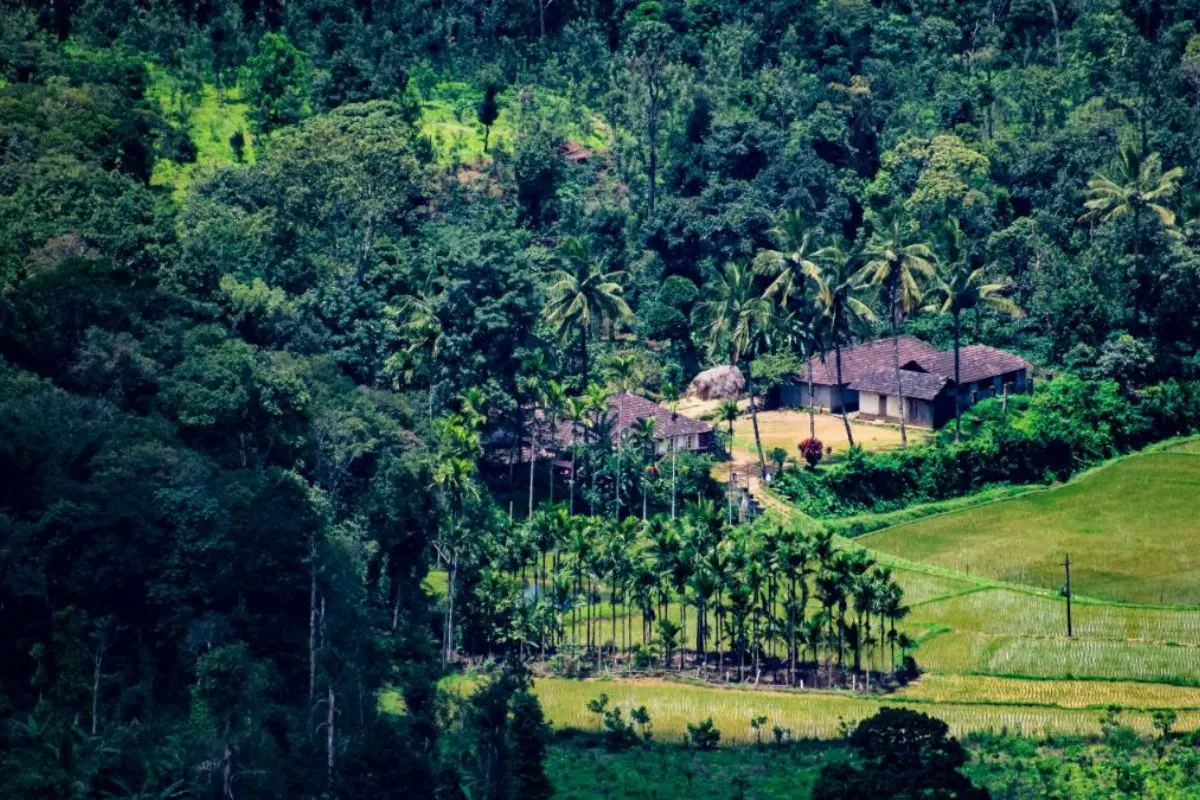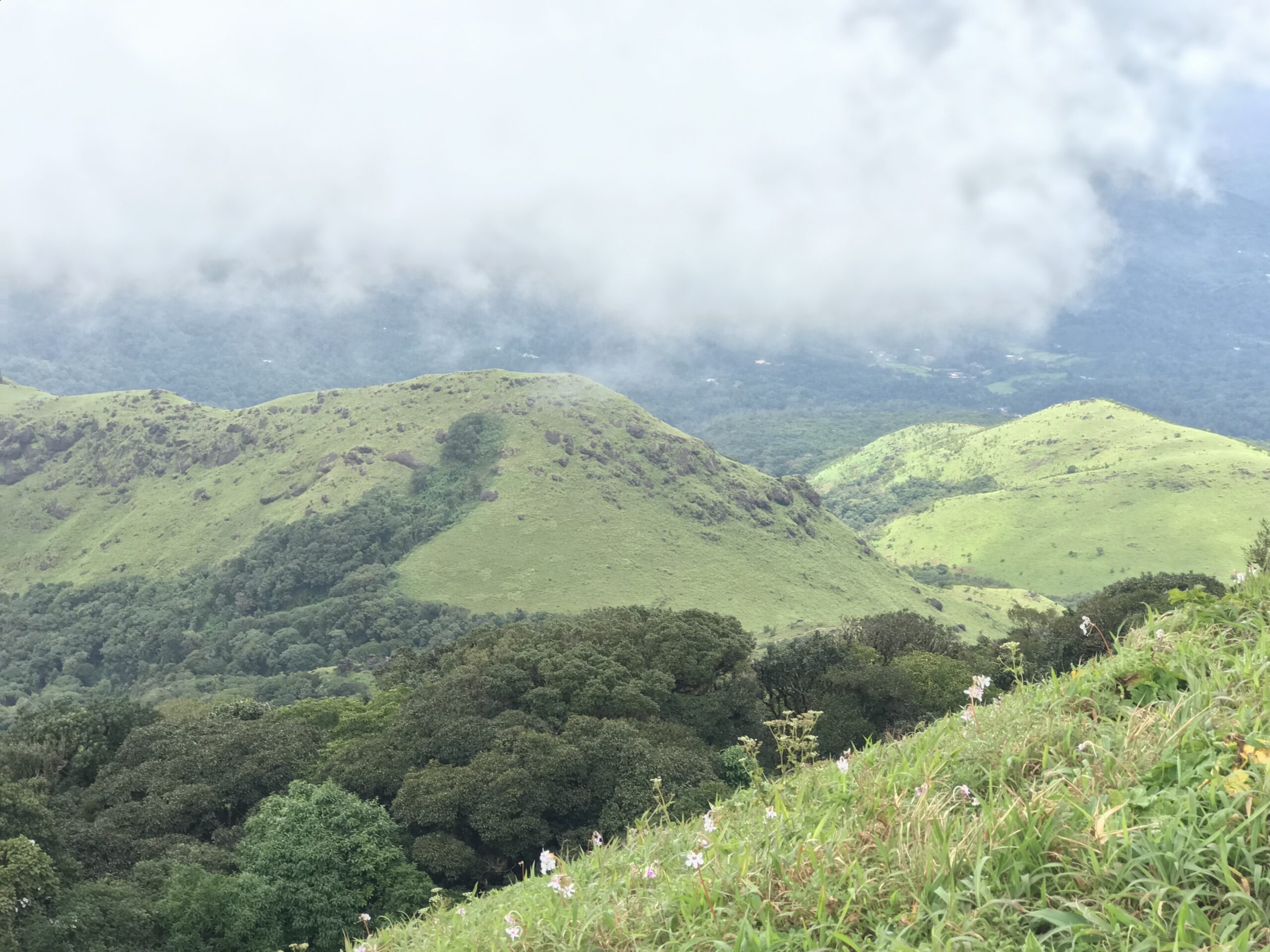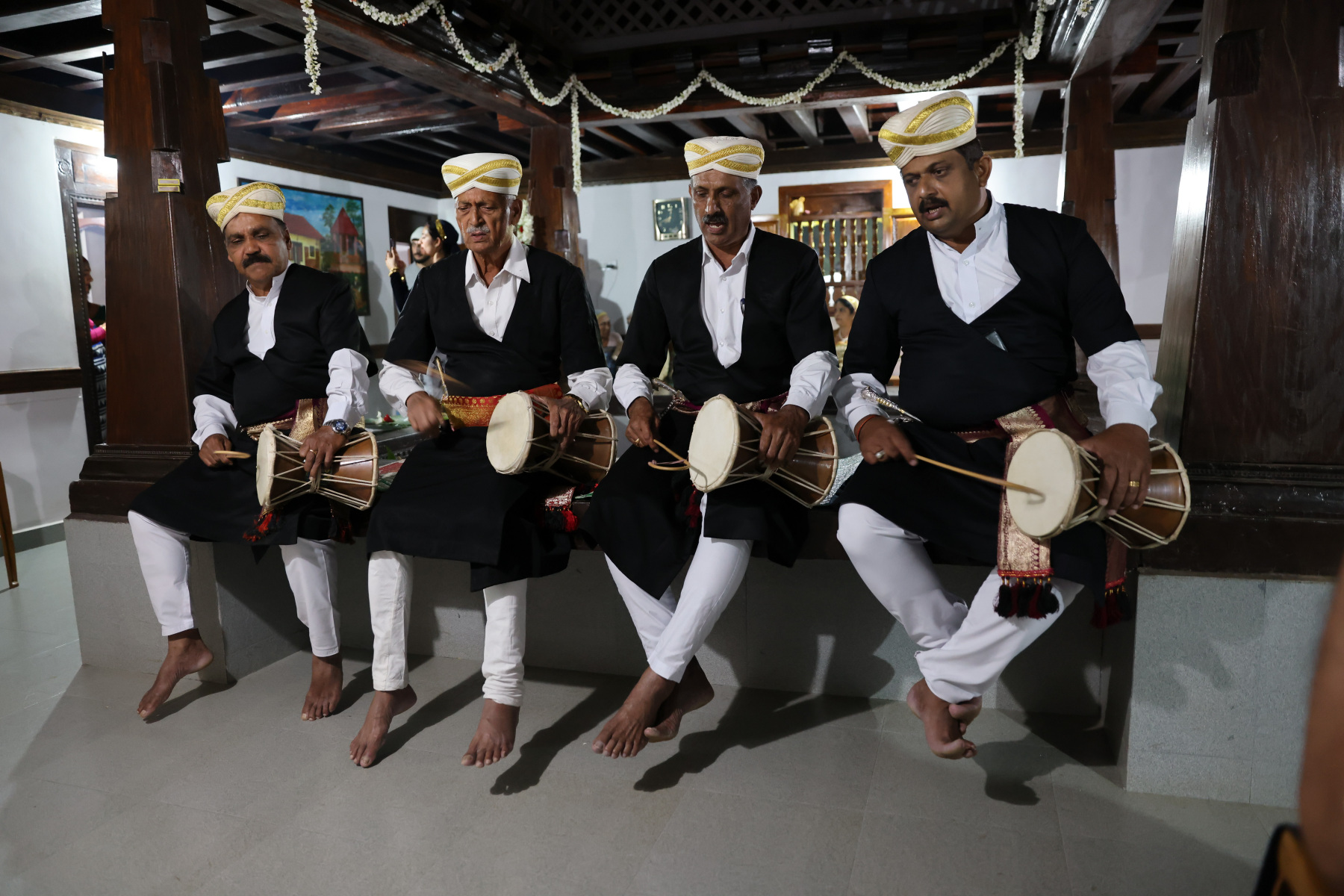
Kodagu, also known as Coorg, is a rural district in the southwest Indian state of Karnataka. In the area’s north, Madikeri Fort has 2 life-size elephant statues at its entrance, plus a Gothic-style church with a museum on its grounds. Nearby, the Hindu Omkareshwara Temple dates back to the 19th century. Farther north are the domed Raja’s Tomb, a burial place of Kodava kings, and cascading Abbi Falls.
Lord Igutthappa who bestows peace and prosperity on the entire land of Kodagu. Kodagu for over 1000 years till date; and Igguthappa is the verbatim translation for grain-giver. He is worshipped by all Kodavas regardless of their religion.Kudyolanda family is proud to be one of the Naad Thakka’s among Kodava Clan’s.


The Haleri dynasty, an offshoot of the Keladi Nayakas, ruled Kodagu between 1600 and 1834. Later the British ruled Kodagu from 1834, after the Coorg War, until India’s independence in 1947. A separate state (called Coorg State) until then, in 1956 Kodagu was merged with the Mysore State (now Karnataka).
The Kodava people, native to the Kodagu region of Karnataka, India, possess a distinctive culture rooted in their agricultural heritage and martial customs. Patrilineal in structure, they uphold strong familial ties and revere their ancestors through worship ceremonies conducted in sacred groves. Central to their traditions is the veneration of weaponry, symbolizing their historical role as defenders of their land.


For any general enquiries connect to the number below
Follow Us on Instagram
Kundyolanda Family,
West Kolakeri, Napoklu, Kodagu District 571214
Copyright © 2025 All rights reserved | Image courtesy Redbull and Appachettolanda Hockey Festival